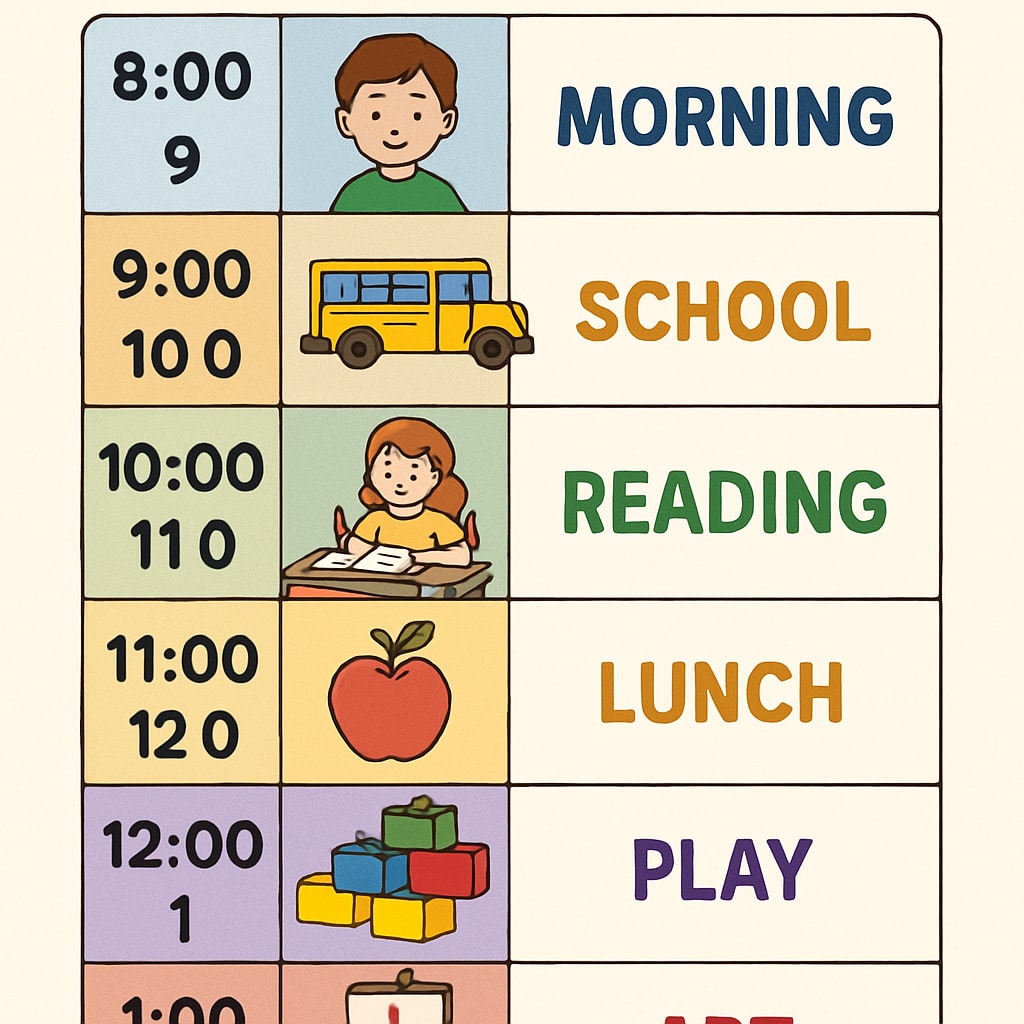Children with special needs, including those diagnosed with ADHD (Attention-Deficit/Hyperactivity Disorder) or ASD (Autism Spectrum Disorder), often face challenges related to executive function—the set of cognitive skills that enable planning, organization, and self-regulation. Addressing these challenges is essential for their academic and personal success. This article provides practical strategies to help children build executive function skills and offers a comprehensive support framework for parents navigating special education systems.
Understanding Executive Function Challenges in Special Needs Children
Executive function refers to a range of mental processes, including working memory, cognitive flexibility, and inhibitory control. For children with ADHD or ASD, deficits in these areas can create obstacles in everyday tasks, such as following instructions, managing time, and adapting to changes. Parents and educators must first identify specific weaknesses before implementing targeted interventions.

Practical Strategies for Building Executive Function Skills
Effective interventions for developing executive function skills often involve structured routines, visual aids, and consistent practice. Here are some strategies parents and educators can implement:
- Time Management Tools: Use timers, calendars, or visual schedules to help children understand and manage time effectively.
- Help-Seeking Skills: Teach children how to ask for assistance when faced with challenges, fostering independence and resilience.
- Task Chunking: Break larger tasks into manageable steps, reducing feelings of overwhelm and promoting focus.
- Reward Systems: Reinforce positive behaviors with rewards to encourage consistency and effort.

Parent Support Framework for Special Education Success
Parents play a critical role in supporting their child’s development and advocating for their needs within the educational system. Here are some actionable strategies for parents:
- Collaborate with Educators: Maintain open communication with teachers and special education professionals to align strategies and goals.
- Educate Yourself: Learn about ADHD, ASD, and executive function deficits to better understand your child’s challenges and strengths.
- Create a Supportive Environment: Establish routines at home that reinforce the skills being taught at school.
- Focus on Emotional Well-Being: Encourage open conversations about feelings and challenges, promoting emotional resilience.
For more detailed information on ADHD, you can visit ADHD on Wikipedia. Similarly, ASD on Britannica offers a comprehensive overview of Autism Spectrum Disorder.
Conclusion: Empowering Children Through Collaborative Efforts
Building executive function skills for children with special needs requires patience, creativity, and collaboration between parents, educators, and the children themselves. By implementing practical strategies and ensuring robust parental support, children can overcome barriers, gain independence, and thrive both academically and socially.
Readability guidance: Use short paragraphs and bullet points to summarize key ideas. Ensure consistent introduction of transitional words (e.g., “in addition,” “for example,” “as a result”) for smooth reading flow. Focus on actionable advice to engage readers.


